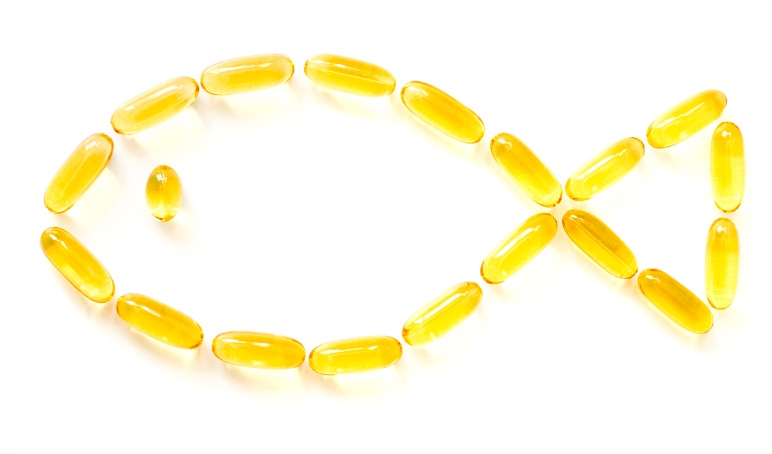August 6, 2013

The recent controversial study on omega-3 fatty acids and prostate cancer risk has led to a lot of questions about the effects of omega-3 fatty acids in breast cancer and other health conditions. While the total level of omega-3 fatty acids from dietary sources is important, what is even more important is the ratio of the omega-3 to omega-6 fatty acids.
The human diet is designed to consume a ratio of omega-3 to omega-6 of 1:1. However, the ratio commonly consumed by most Americans of omega-3 to omega-6 is 1:15 meaning that most people consume way too much omega-6 in addition to being woefully deficient in omega-3 fatty acids.
Rich sources of the long-chain omega-3 fatty acids include fish, particularly cold-water fish like salmon, mackerel, halibut and herring, as well as fish oil supplements. The omega-6 fatty acids are found in meat and dairy as well as common vegetable oils such as corn, safflower and soy.
Background data
Breast cancer is one of the most common cancers and the leading cause of death from cancer among women, accounting for approximately 23 percent of the total cancer cases and 14 percent of cancer deaths each year.
A consistent finding from scientific studies is that omega-3 fatty acids protect against breast cancer while a higher intake of omega-6 fatty acids are linked to an increased risk for breast cancer. Studies include those that examined the fatty acid composition from breast tissue from patients with breast cancer and compared to those with with benign breast disease. The results showed that women with the highest ratio of the long-chain omega-3 fatty acids (EPA+DHA) to omega-6 fatty acids had a 67 percent reduced risk of breast cancer.
New Data
To fully investigate the association between intake of omega-3 fatty acids from fish and the risk of breast cancer, 26 publications that included 20,905 cases of breast cancer, and 883,585 controls were evaluated. Results demonstrated that the risk of breast cancer was reduced by 5 percent per every 100 mg per day of EPA+DHA. Interestingly, no protective effect was noted for fish consumption or the intake of the shorter chain omega-3 fatty acid alpha linolenic acid that is found in flaxseeds, walnuts and canola oil.
The author’s concluded that "our present study provides solid and robust evidence that marine omega-3 fatty acids are inversely associated with risk of breast cancer."
Comment
The results from this analysis indicate that women can significantly reduce their risk of breast cancer by supplementing their diet with a high-quality fish oil. The recommended dosage level for general health is 1,000 mg per day of EPA+DHA.
Measuring the level of omega-3 fatty acids and the ratio of omega-3 to omega-6 fatty acids provides valuable information for achieving optimal health and protection against disease. See MyOmegaBloodTest for more information.
Dr. Murray is one of the world’s leading authorities on natural medicine. He has published over 30 books featuring natural approaches to health. His research into the health benefits of proper nutrition is the foundation for a best-selling line of dietary supplements from Natural Factors, where he is Director of Product Development. He is a graduate, former faculty member, and serves on the Board of Regents of Bastyr University in Seattle, Washington.
Reference:
Zheng JS, Hu XJ, Zhao YM, Yang J, Li D. Intake of fish and marine n-3 polyunsaturated fatty acids and risk of breast cancer: meta-analysis of data from 21 independent prospective cohort studies. BMJ. 2013 Jun 27;346:f3706.
You May Also Like
.png?width=700&auto=webp&quality=80&disable=upscale)


